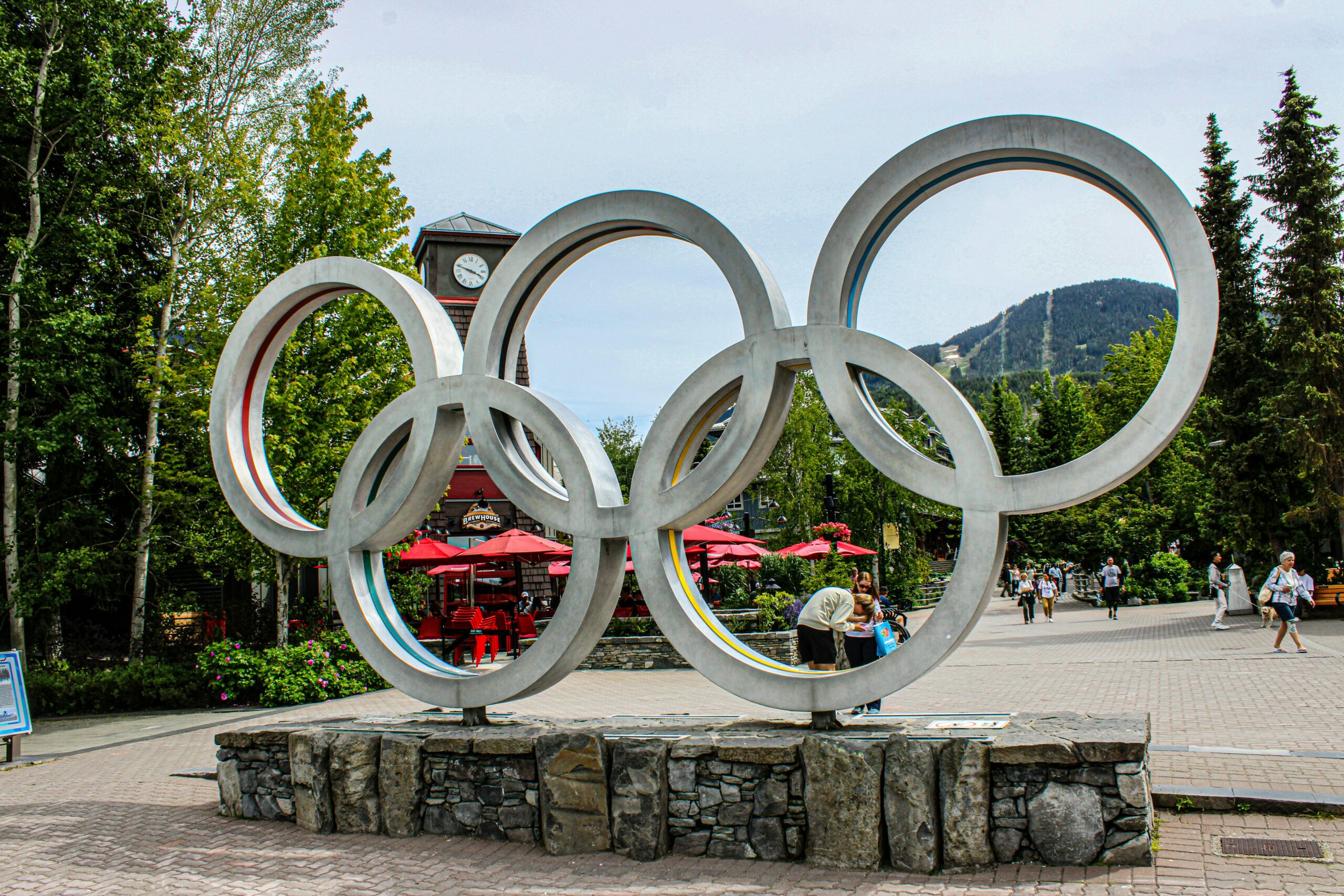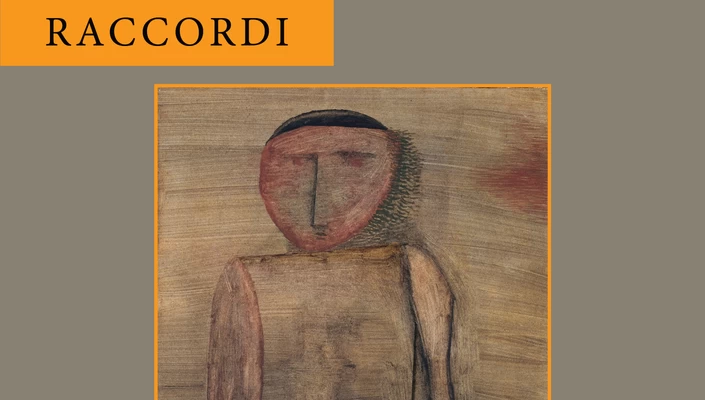In the aftermath of war, the bodies of fallen soldiers, whether hastily buried in makeshift graves or left scattered across battlefields, emerge as potent symbols of unresolved questions. My research delves into the complex and often overlooked issue of how to manage these remains, particularly those of soldiers from an invading force, such as German soldiers buried in Russia after World War II. How should these remains be treated? What responsibilities do the living have to the dead? Who has the right to access these graves, repatriate remains, and what role do these actions play in national memory, diplomacy, and ethical considerations?
I focus specifically on the post-World War II context in Russia and the enduring challenge of managing the millions of soldiers’ bodies left behind when relations between former enemies remain fraught. A key part of my research involves examining how the German Wehrmacht handled burials during the war and how Germany, in the war’s aftermath, sought access to the graves of its soldiers. Central to this inquiry are the moral and diplomatic questions surrounding a defeated nation’s right to commemorate its war dead on foreign soil—especially in countries they once invaded.
A significant part of my research explores the role of the Volksbund Deutsche Kriegsgräberfürsorge (VDK), the German War Graves Commission, which has taken on the monumental task of locating and exhuming Wehrmacht graves, identifying remains, constructing new cemeteries, and reburying the dead. Through my work, I shed light on the meticulous and sensitive efforts of the VDK, which involves not only recovery and identification but also navigating complex diplomatic relationships with local and national authorities. These efforts adhere to international humanitarian law, including the Geneva Conventions, ensuring dignified burials for the fallen.

Soviet Union, 1941/ 1942 (Bundesarchiv Bild 121- 1257A
Germany’s Struggle with Remembrance and Responsibility
This ongoing endeavor is not merely about recovering and burying soldiers; it embodies Germany’s profound struggle to come to terms with its own losses while confronting the far more significant responsibility for the immense suffering it caused. Remembrance in Germany is inherently complex and multifaceted. Crucially, this process must prioritize the acknowledgment of the atrocities committed by the Nazi regime, ensuring that the memory of the dead is not used to glorify them but rather to recognize the crimes they were part of, directly or indirectly. It is not about honoring the soldiers as individuals detached from their actions but about confronting the brutal reality of the past and the roles these soldiers played in it. In this way, remembrance becomes not an act of hero worship, but a necessary reckoning with history—a sober reflection on how these individuals contributed to the horrors of war, and how their legacy must serve as a reminder of the dangers of unchecked ideology and the consequences of complicity.
The ongoing dedication of the German government and the VDK emphasizes the importance of these activities in the realms of state diplomacy, wider society, and the military. This commitment is seen in the resources allocated for materials, personnel, and the planning of exhumations. Efforts are made to meticulously collect individual remains and try to name the soldiers, often involving the identification of remains with intact ID tags and reaching out to potential living relatives. This process reflects Germany’s struggle to come to terms with its losses while grappling with its responsibility for the immense suffering it caused during the war.
However, the recovery and burial of soldiers stir deep emotions, both in Germany and in the nations once occupied by German forces. A central challenge lies in balancing the acknowledgment of the atrocities committed by the Nazi regime with the act of commemorating the fallen soldiers. Remembrance in Germany is inherently complex and multifaceted, requiring a careful approach that prioritizes the acknowledgment of historical realities and war crimes without glorifying the military that supported a regime responsible for genocide.
This question is central to my research: how can a nation remember its fallen soldiers without glorifying the military that supported a regime responsible for so much suffering? In my exploration, I trace the evolution of German war graves, from symbols of heroism under the Nazi regime to places of peace and reconciliation under the stewardship of the VDK. This transformation mirrors Germany’s broader journey of reckoning with its past while striving for peace and reconciliation in the present. The ongoing maintenance of these graves, guided by international agreements and conventions, underscores the moral and ethical obligations nations hold toward their fallen soldiers, regardless of their roles in wartime atrocities.
The complexity of these questions resonates with General Alexander Suvorov’s 1799 observation: “A war is not over until the last soldier is buried.” This truth lies at the heart of my research, emphasizing that the dead continue to influence the living. Until every soldier is accounted for, the shadows of war persist. I trace the difficult and often controversial path taken by Germany and Russia in addressing this deeply emotional and politically charged issue. Despite ongoing tensions, my research explores how the Soviet Union and later Russia ultimately allowed Germany access to its soldiers’ graves—a process fraught with controversy and far from straightforward.
These burial sites have evolved into integral components of Europe’s memorial landscape, protected by war grave agreements and recognized for their universal value. The question of whether and how to continue exhumation and commemoration efforts remains a moral and ethical challenge. From a humanitarian perspective, regardless of nationality, the recovery and proper burial of a soldier’s remains are acts of compassion and respect. Nations uphold a lasting responsibility to commemorate their fallen soldiers, even as the decades pass and the likelihood of living relatives becomes increasingly remote.

The Evolving Meaning of Soldiers’ Graves in Post-War Europe
The treatment of soldiers’ graves plays a crucial role in shaping international relations and transnational memory. Bilateral negotiations over grave access and reburial efforts often mark the beginning of post-war reconciliation. These negotiations, extending beyond mere access to Soviet and Russian territories, also involve a re-evaluation of the war and the formation of national narratives tied to soldiers’ graves. The VDK has deliberately positioned its work as a means of fostering peace and reconciliation, as seen in its reconstruction of military cemeteries such as Sologubovka near St. Petersburg. However, Russia has been somewhat hesitant in fully embracing this approach, reflecting the complexity of the post-war relationships between former enemies. While the VDK aims to transform war graves into symbols of collective memory and reconciliation, Russia’s reaction underscores the ongoing sensitivities surrounding the interpretation of these sites. What began as the glorification of fallen soldiers under the Nazi regime has, over time, been reinterpreted as part of the broader process of reconciliation and peace—albeit one shaped by shifting social, state, and temporal dynamics.
The ongoing care of war graves has been enshrined in international treaties and agreements such as the Hague Convention and the Geneva Conventions, emphasizing the protection and preservation of the graves of prisoners of war and soldiers. However, this responsibility goes beyond mere legal obligations. It touches on broader humanitarian principles, the dignity of the dead, and the sensitivity required to navigate these complex narratives. The care given to the dead serves as a reflection of a society’s values and how it confronts the legacy of death and violence resulting from war.
In conclusion, my work underscores the need for critical reflection on how societies remember the war dead, the roles they played in the conflict, and the actions leading to their deaths. This reflection should always be sensitive to the reactions of others, particularly in the context of international memory and reconciliation. Through respectful burial practices and commemoration, nations can move toward a more just and peaceful future, ensuring that the legacies of conflict are acknowledged without being glorified. The ongoing care of these graves serves not only a cultural purpose but stands as a reminder of the past’s lessons for future generations.
Discover the book: Remnants of Wehrmacht Soldiers. Burial and Commemoration Practices of German Soldiers of the Second World War in Russia and Europe, 1941 – 2023.











